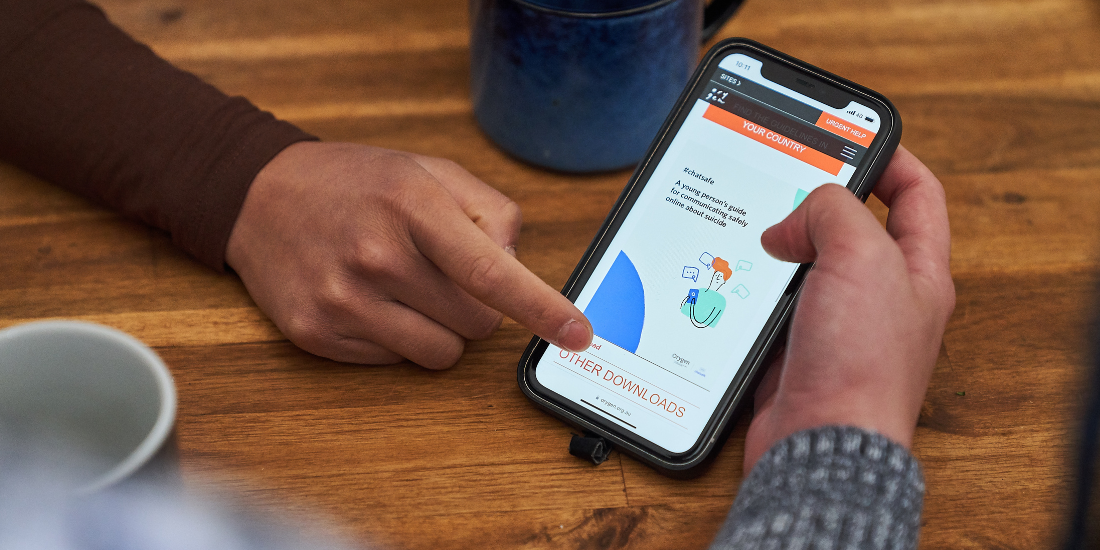
A new study from Orygen’s suicide prevention team has found that the Australian-developed #chatsafe guidelines are an effective tool to help parents and carers around the world to support young people talk safely about suicide and self-harm online.
The study, published in the BMC Public Health journal, found the parents and carers guidelines have been the most-used resource by global audiences in the #chatsafe suite, with over 186,000 downloads from 15 countries since 2021.
Developed by Orygen’s suicide prevention team, led by Professor Jo Robinson, #chatsafe is the world’s first set guidelines to support young people communicate safely about suicide and self-harm online, with resources for young people and influencers, as well as the parents and carers version.
The new research, published this month and the result of research with parents and suicide prevention experts in 15 countries, uncovered a strong appetite for psycho-education.
“We know that many adults worry about the content that young people see on social media and we learnt that this concern greatly increases when we consider content related to self-harm or suicide,” the study’s lead author, Orygen Research Fellow Dr Louise La Sala, said.
“This study highlights the versatility of the #chatsafe guidelines and their potential to support parents and carers worldwide. By adapting these guidelines to fit different cultural contexts, we can make significant strides in global youth suicide prevention.”
The study also found that many parents feel unprepared or uncomfortable discussing online safety, self-harm, and suicide with their young person.
"Stigma around these topics stop them from having open conversations and supporting their children’s online safety. The wide uptake of the #chatsafe resources so far indicates their potential to upskill parents to support safe online conversations, at a global scale,” Dr La Sala said.
Read the full paper here, and see the #chatsafe resources for Parents & Carers here.